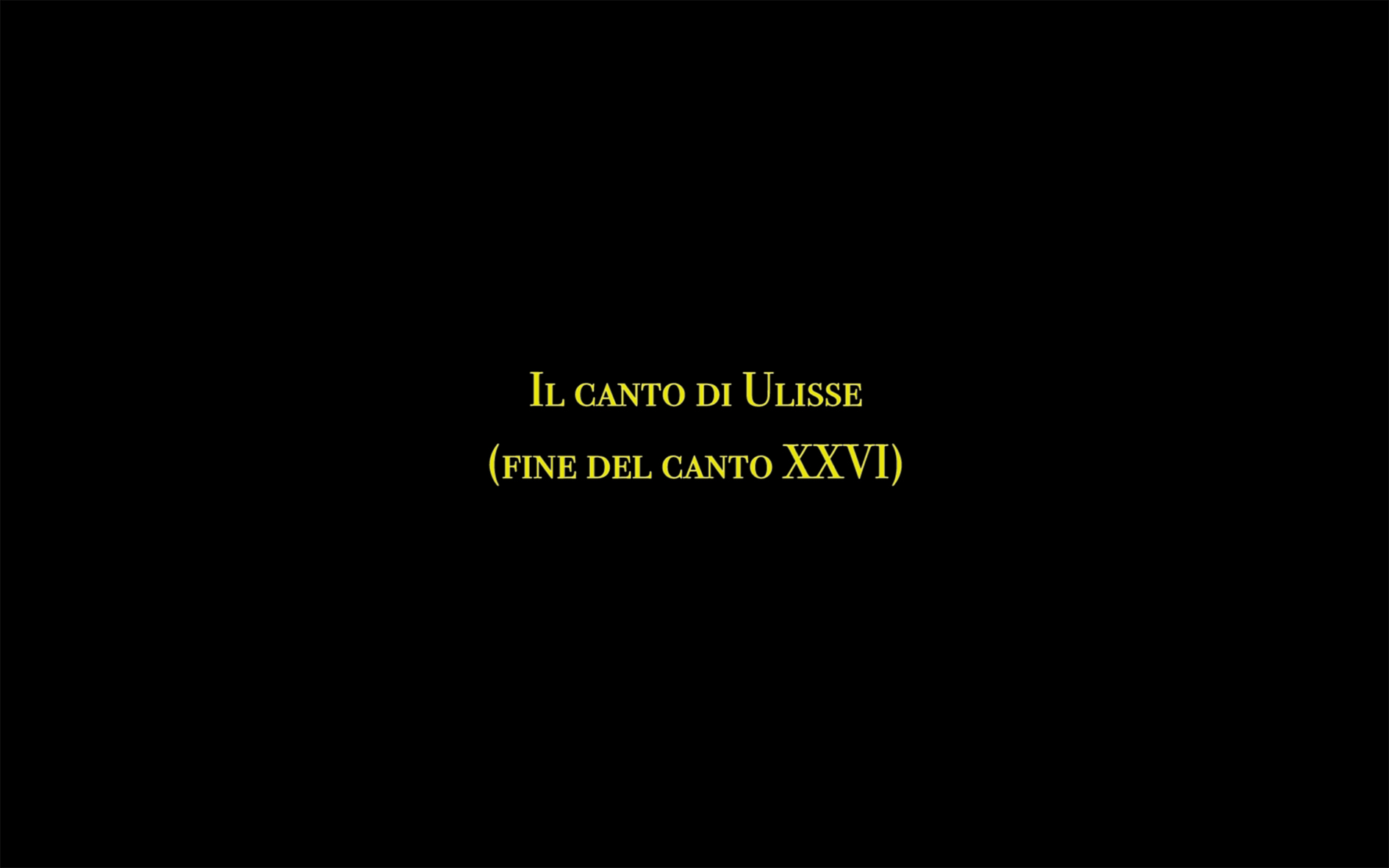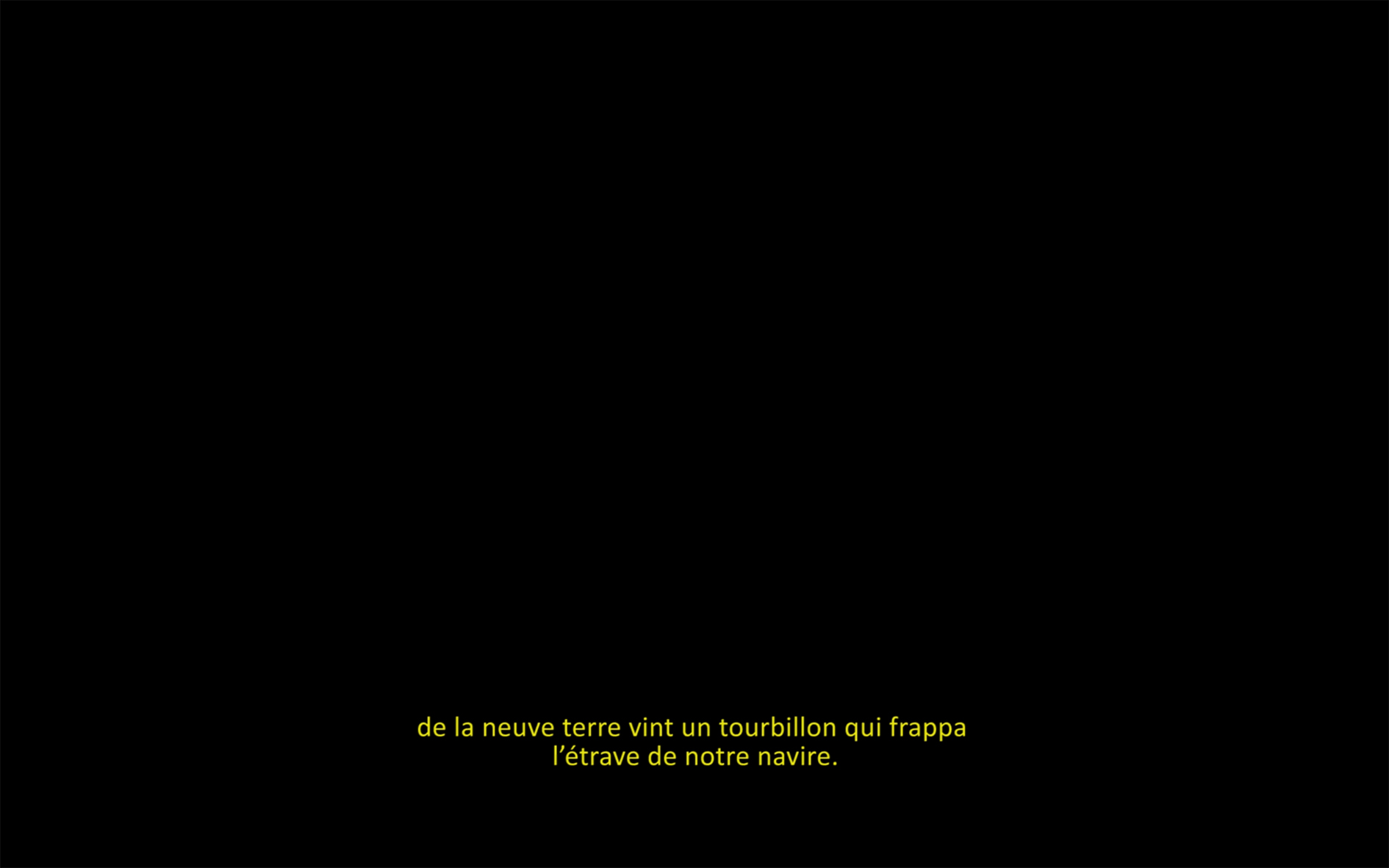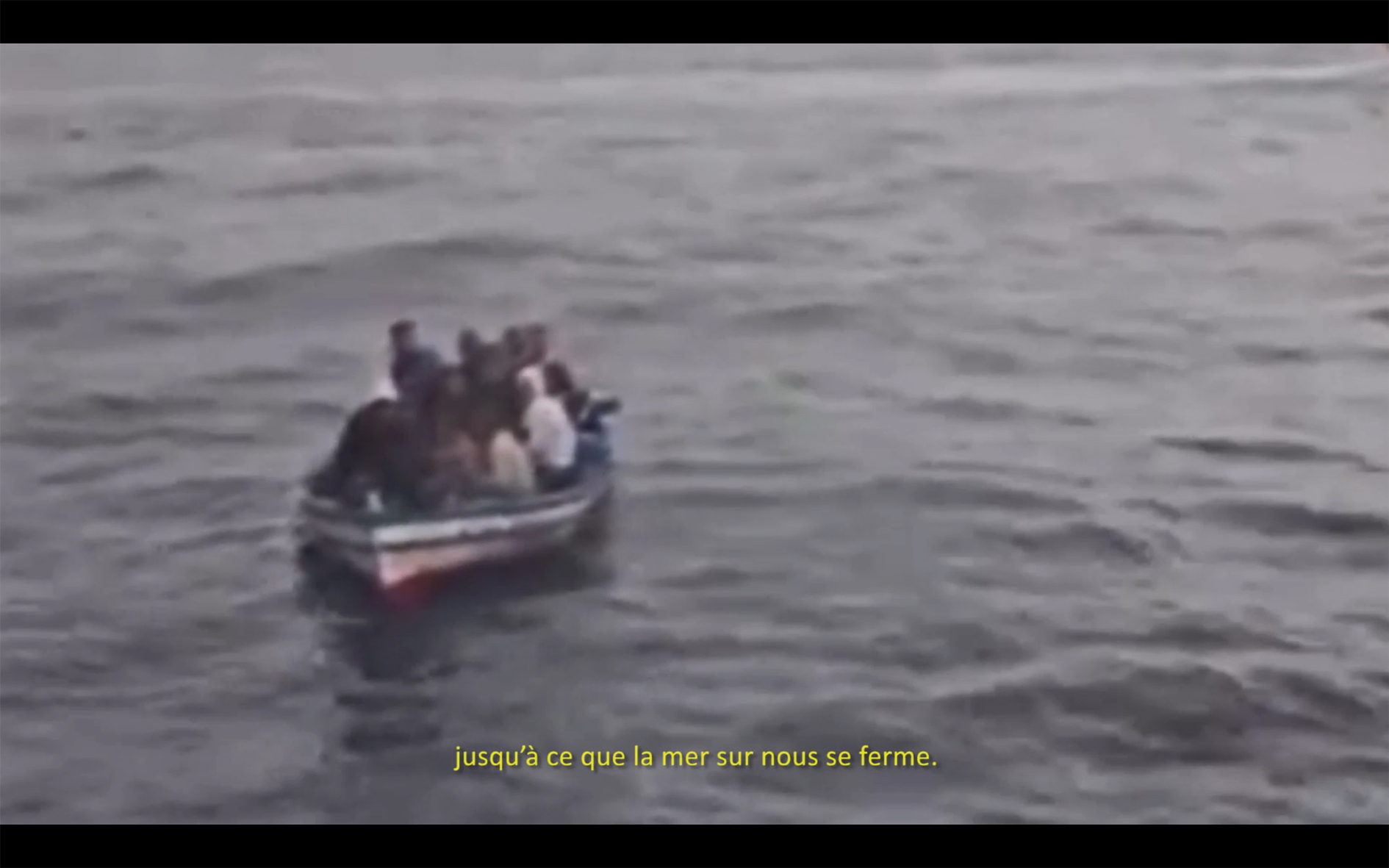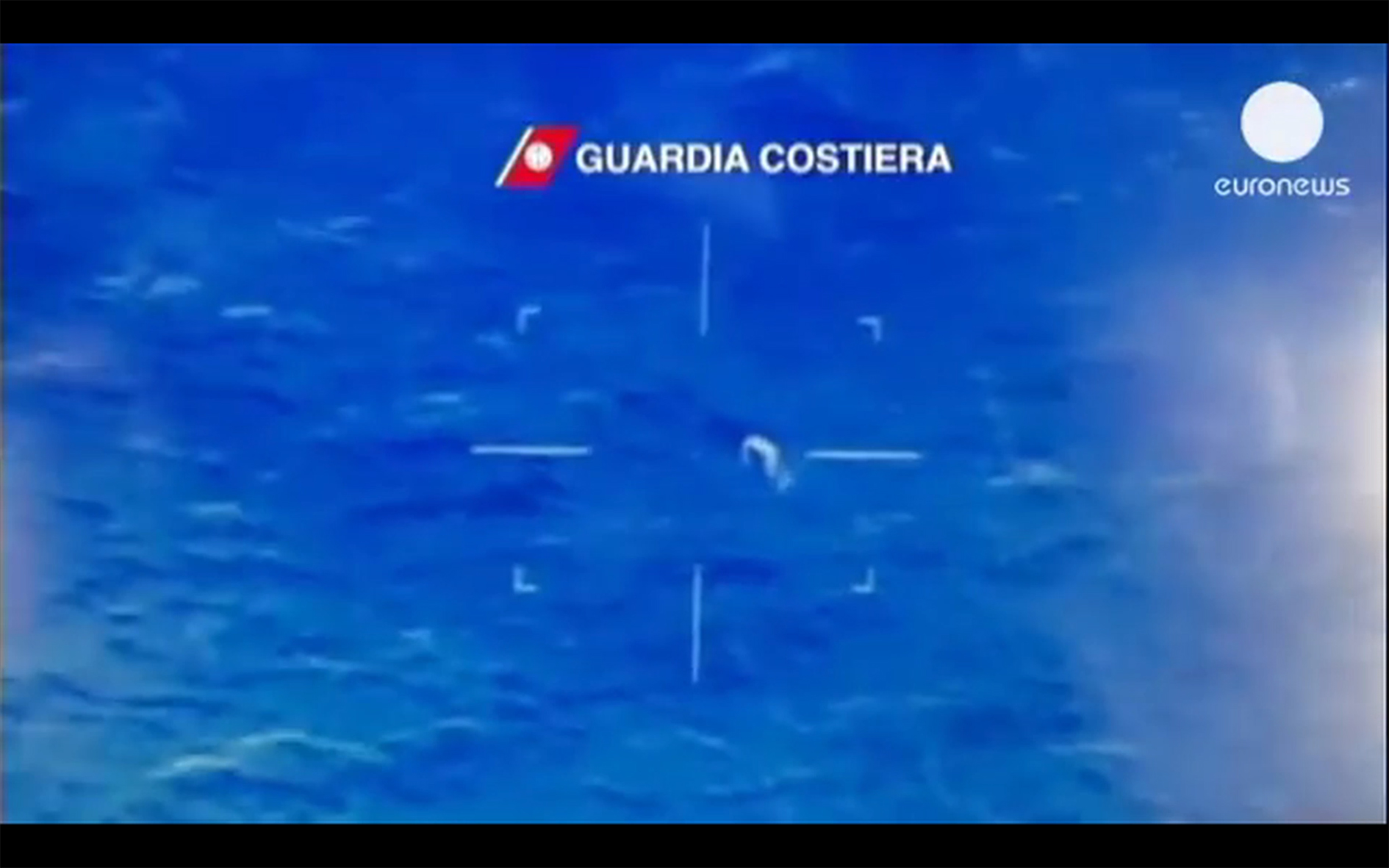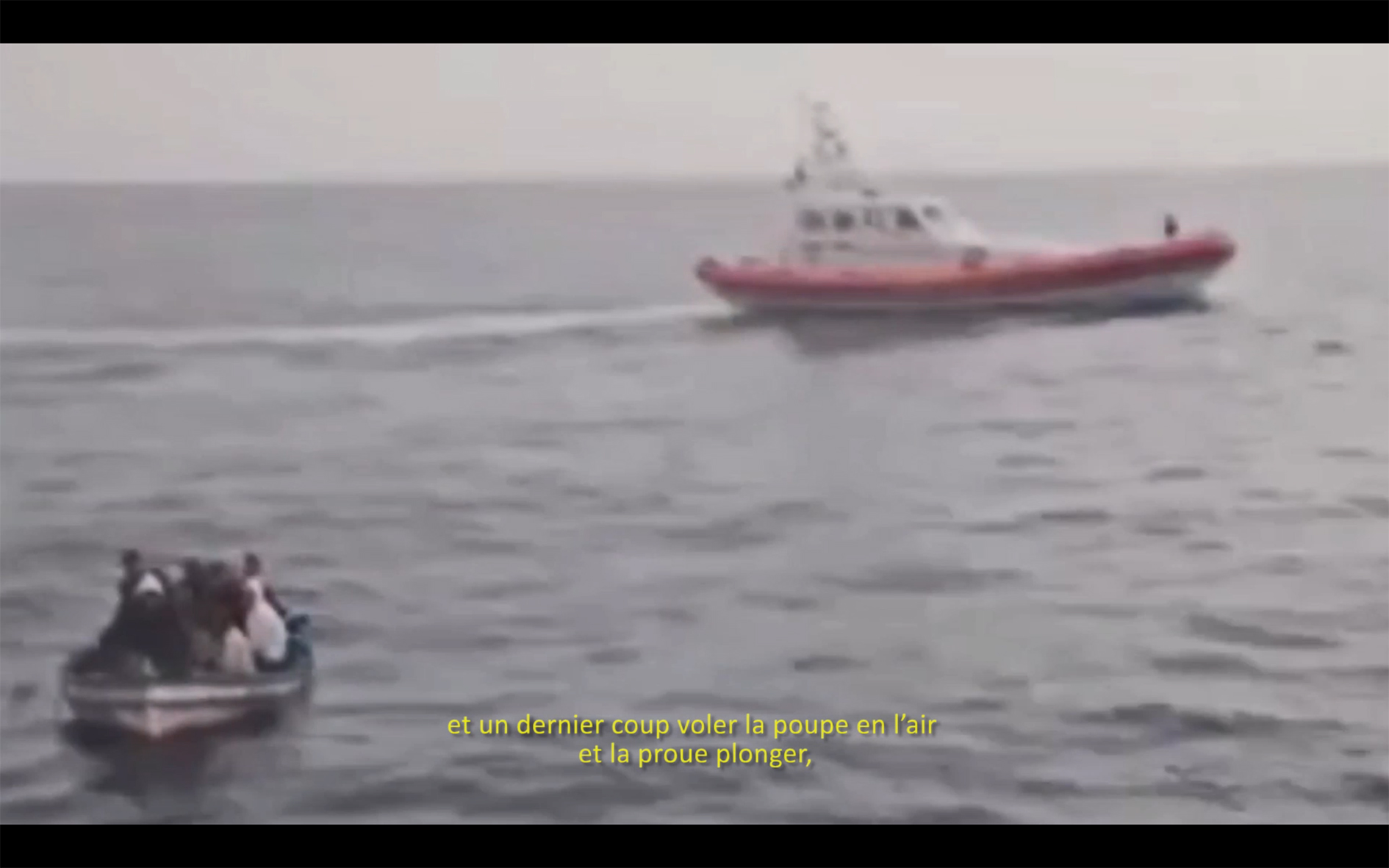![]()
HOMERE
Group show
Musée du Louvre Lens
27-03-2019 > 22-07- 2019
Curators : Alexandre Farnoux, directeur de l’École française d’Athènes, Vincent Pomarède, administrateur général adjoint du Louvre, Luc Piralla, directeur adjoint du musée du Louvre-Lens, et Alain Jaubert, écrivain et cinéaste, assistés d’Alexandre Estaquet-Legrand. Exposition organisée avec le soutien exceptionnel de la Bibliothèque nationale de France (BnF)
L’une des expositions les plus ambitieuses jamais consacrée à Homère, l’auteur de l’Iliade et de l’Odyssée, ces deux célèbres épopées qui sont au fondement de toute la culture occidentale. Elle offre une plongée inédite dans la richesse du monde homérique, un univers aussi beau que mystérieux. Après un prélude consacré aux dieux de l’Olympe et à la Muse qu’invoque Homère, l’exposition part à la découverte du « prince des poètes », dont l’existence même est discutée. Elle explore aussi les phénomènes d’« homéromanie », qui ont marqué la science archéologique et inspiré des œuvres ou des comportements, suivant une imitation homérique d’une grande fécondité, jusque dans la vie quotidienne. L’exposition fait ensuite revivre les principaux héros et récits de l’Iliade et de l’Odyssée. Objets archéologiques et œuvres modernes évoquent ainsi la manière dont ces épopées ont été mises en images, avec une rare constance mais avec des variations selon les époques, qui relèvent d’une histoire du goût.
One of the most ambitious exhibitions ever devoted to Homer, the author of the Iliad and the Odyssey, the two famous epics that are at the foundation of all Western culture. It offers an unprecedented dive into the richness of the Homeric world, a universe as beautiful as it is mysterious. After a prelude devoted to the gods of Olympus and the Muse invoked by Homer, the exhibition goes on to discover the "prince of poets", whose very existence is discussed. It also explores the phenomena of "homeromania", which have left their mark on archaeological science and inspired works or behaviour, following a highly fruitful Homeric imitation, even in everyday life. The exhibition then brings to life the main heroes and stories of the Iliad and the Odyssey. Archaeological objects and modern works thus evoke the way in which these epics were put into images, with a rare constancy but with variations according to the period, which are part of a history of taste.

Il canto di Ulisse, 2016, vidéo, 3,24 min
Voix off : Margaux Bricler
Prise son : Stéphane Rives
Lors du chant XXVI (Enfer), Dante raconte l’embarcation d’Ulysse, une entreprise d’exploration du monde qui court à sa perte, confrontée à un monde de moins en moins hospitalier. Dans, Il canto di Ulisse, le récit dantesque des péripéties d’Ulysse se confond dans le drame des traversées contemporaines de migrants livrés aux profondeurs de la Méditerranée. Il s’agit d’une restitution multiple et critique : ce qui peut rejaillir du fond des eaux, dont les profondeurs sporadique et ineffables de la mémoire, ne peut se produire que par évanescence. Cette œuvre, écrite il y a sept-cent ans, résonne par ricochet et caractérise notre criante actualité. La mer Méditerranée, cette brutale mer qui enfante, accompagne et tue. Cette mer qui charrie, balaye et disperse, ce cimetière. Styx sans loi, sans état d’âme. La mer assassina, l’homme assassina et cela nous pouvons le conjuguer au présent.
(During the XXVI (Hell) song, Dante tells the story of Ulysses' boat, a company exploring the world that is running to its end, confronted with a world that is less and less hospitable. In Il canto di Ulisse, the Dantean account of Ulysses' adventures merges with the drama of the contemporary crossings of migrants delivered to the depths of the Mediterranean. It is a multiple and critical restitution: what can flow from the bottom of the water, whose sporadic and ineffable depths of memory, can only occur by evanescence. This work, written seven hundred years ago, resonates by " rebound " and characterizes our crying topicality. The Mediterranean Sea, this brutal sea that gives birth, accompanies and kills. This sea that carries, sweeps and scatters, this cemetery. Styx without law, without a state of mind. The sea murdered, the man murdered and that we can combine with the present.)
